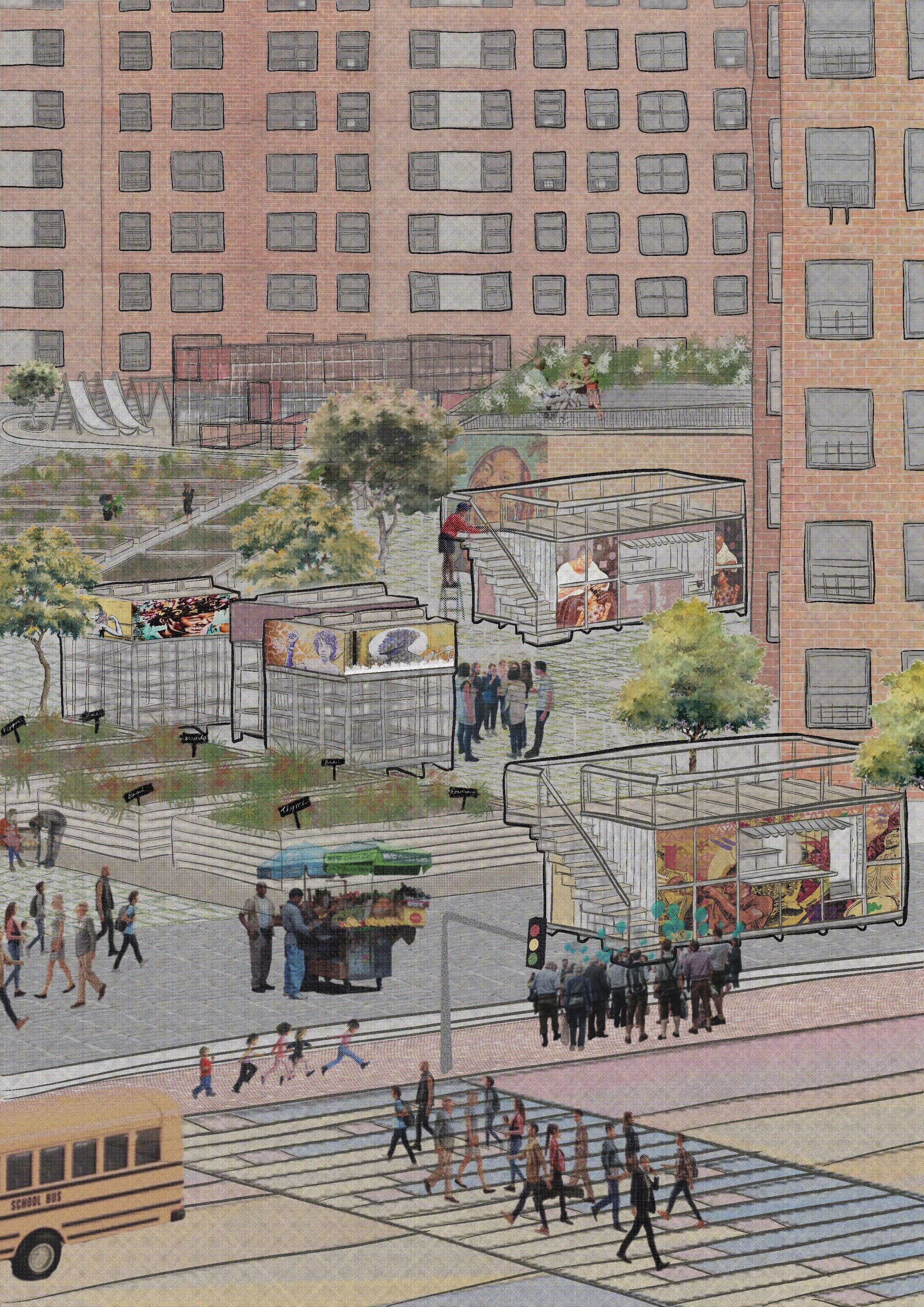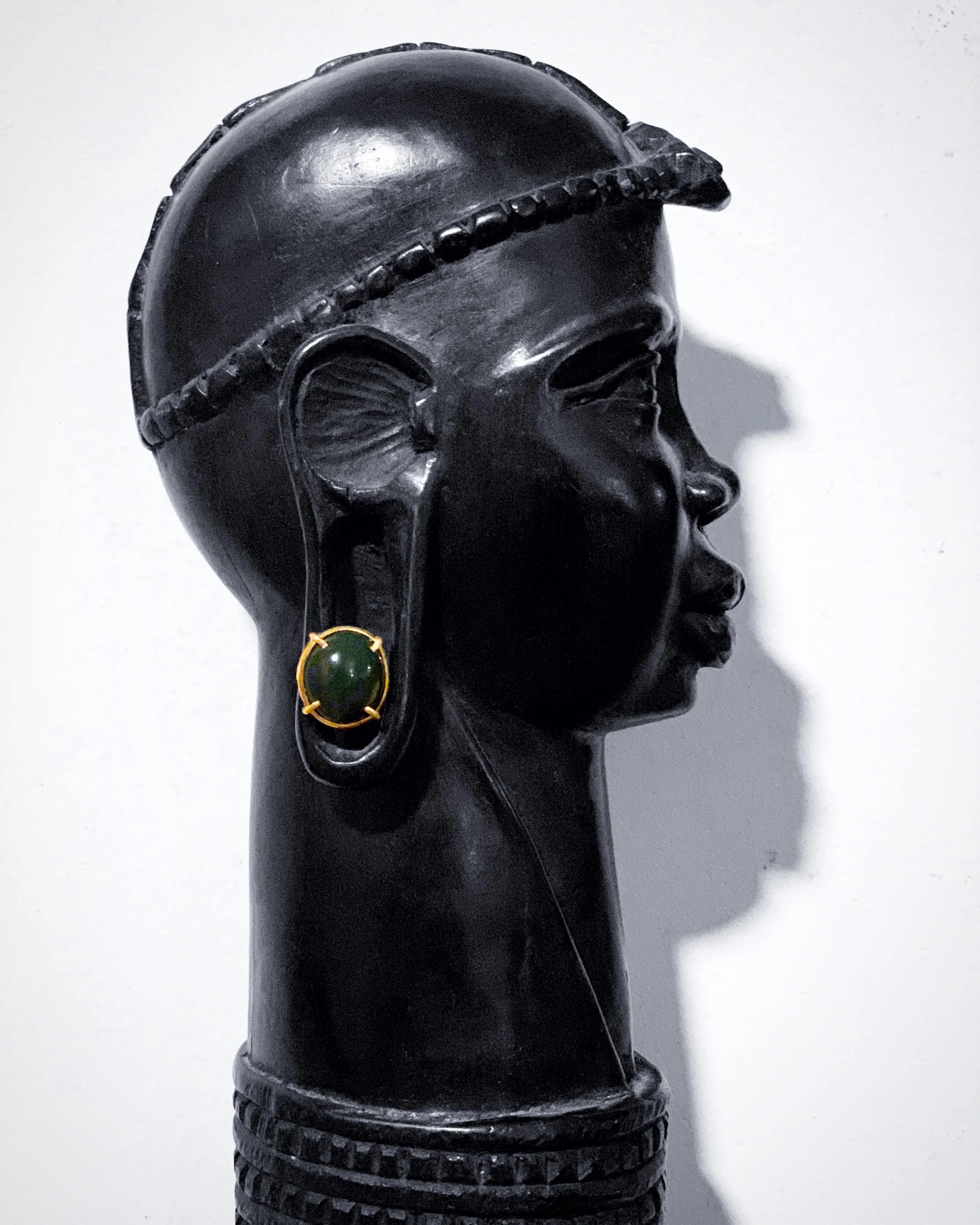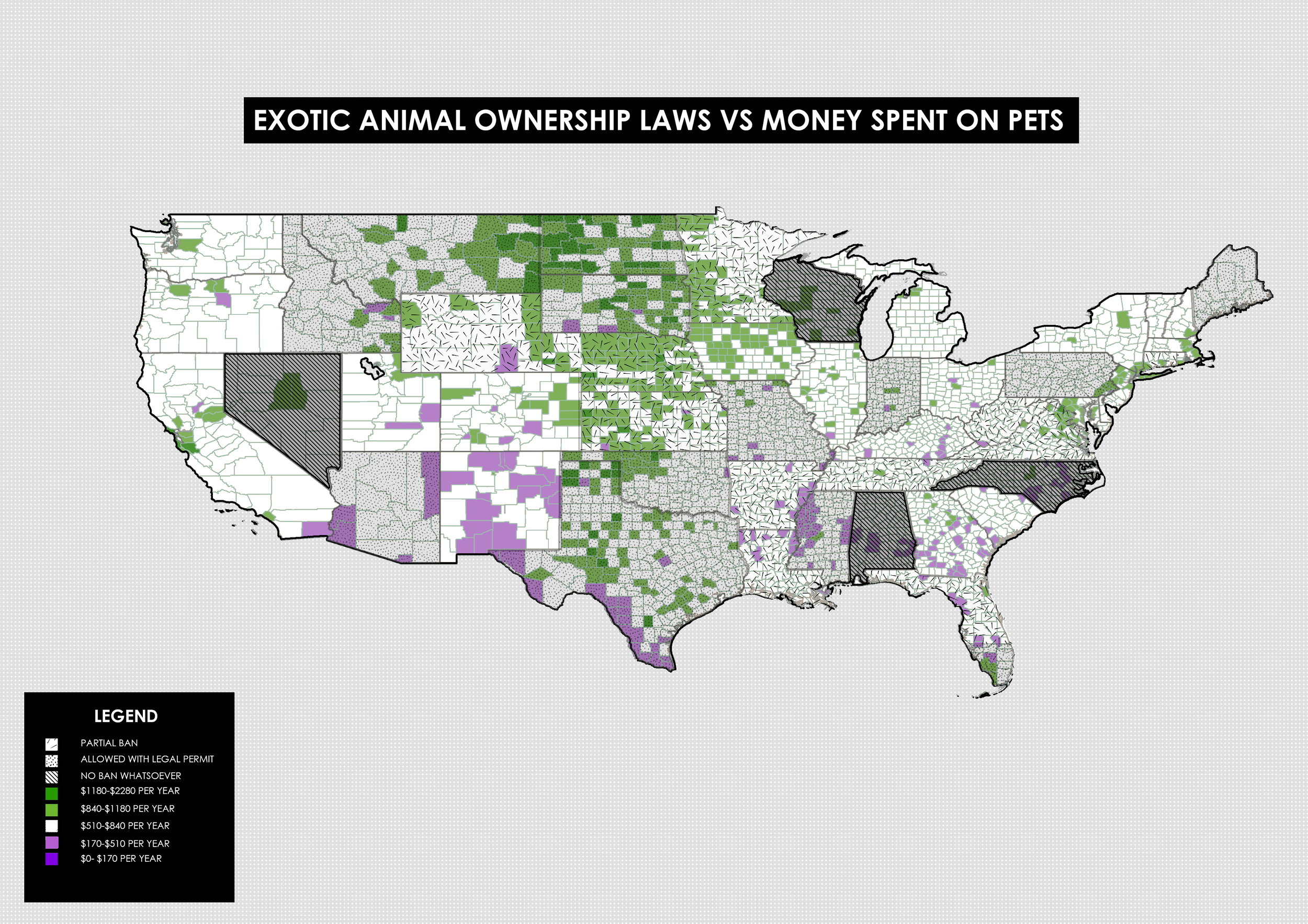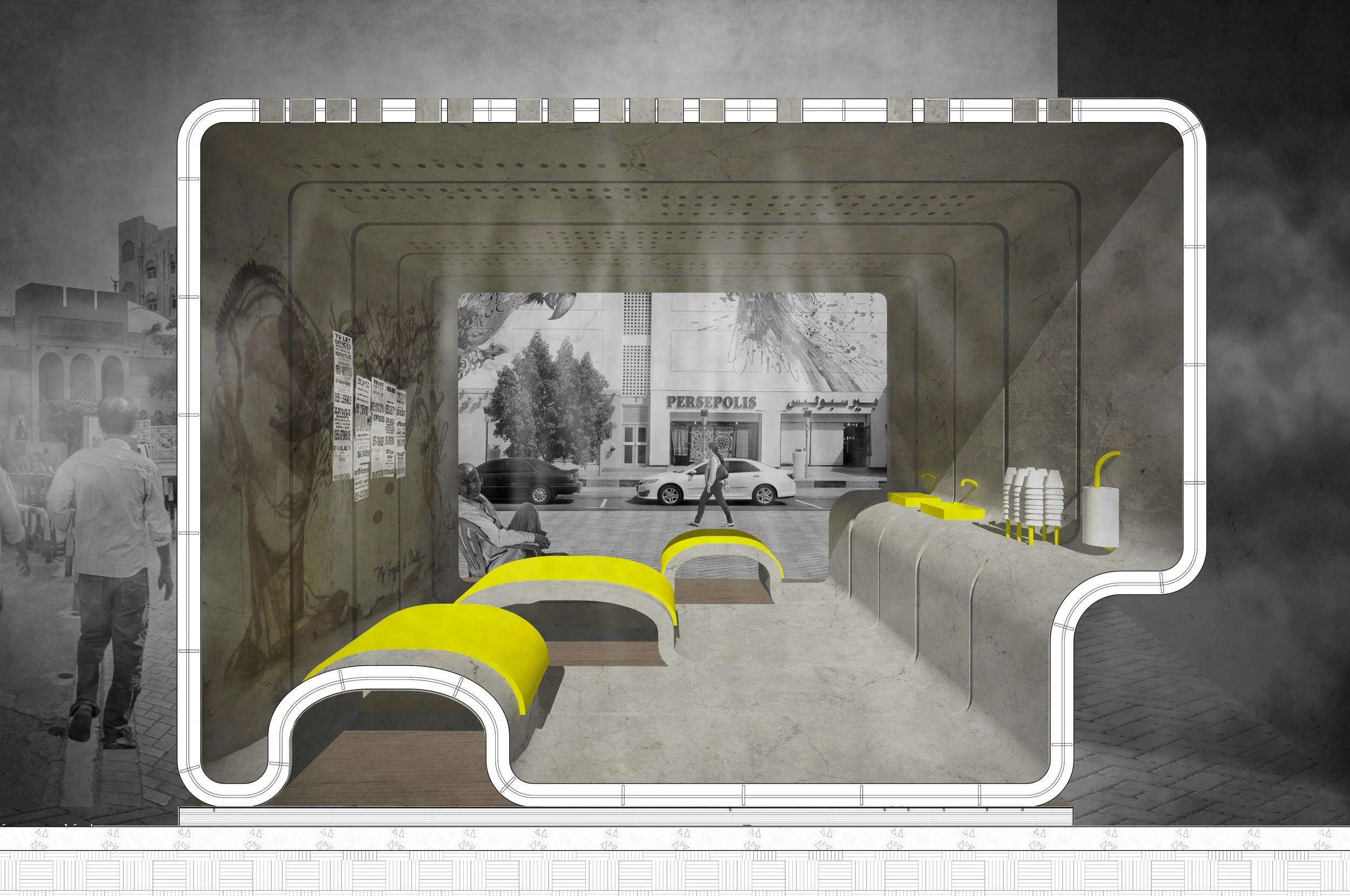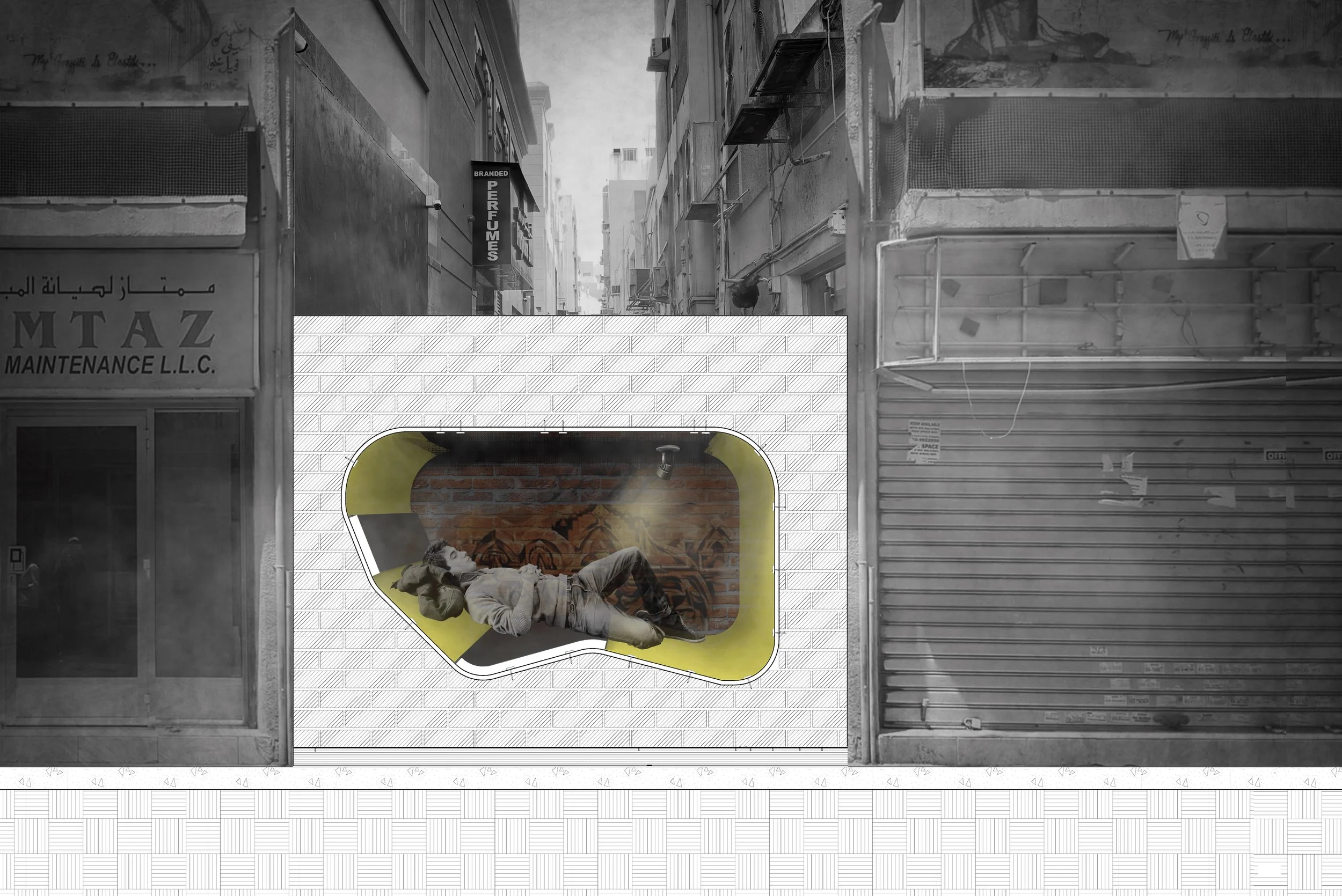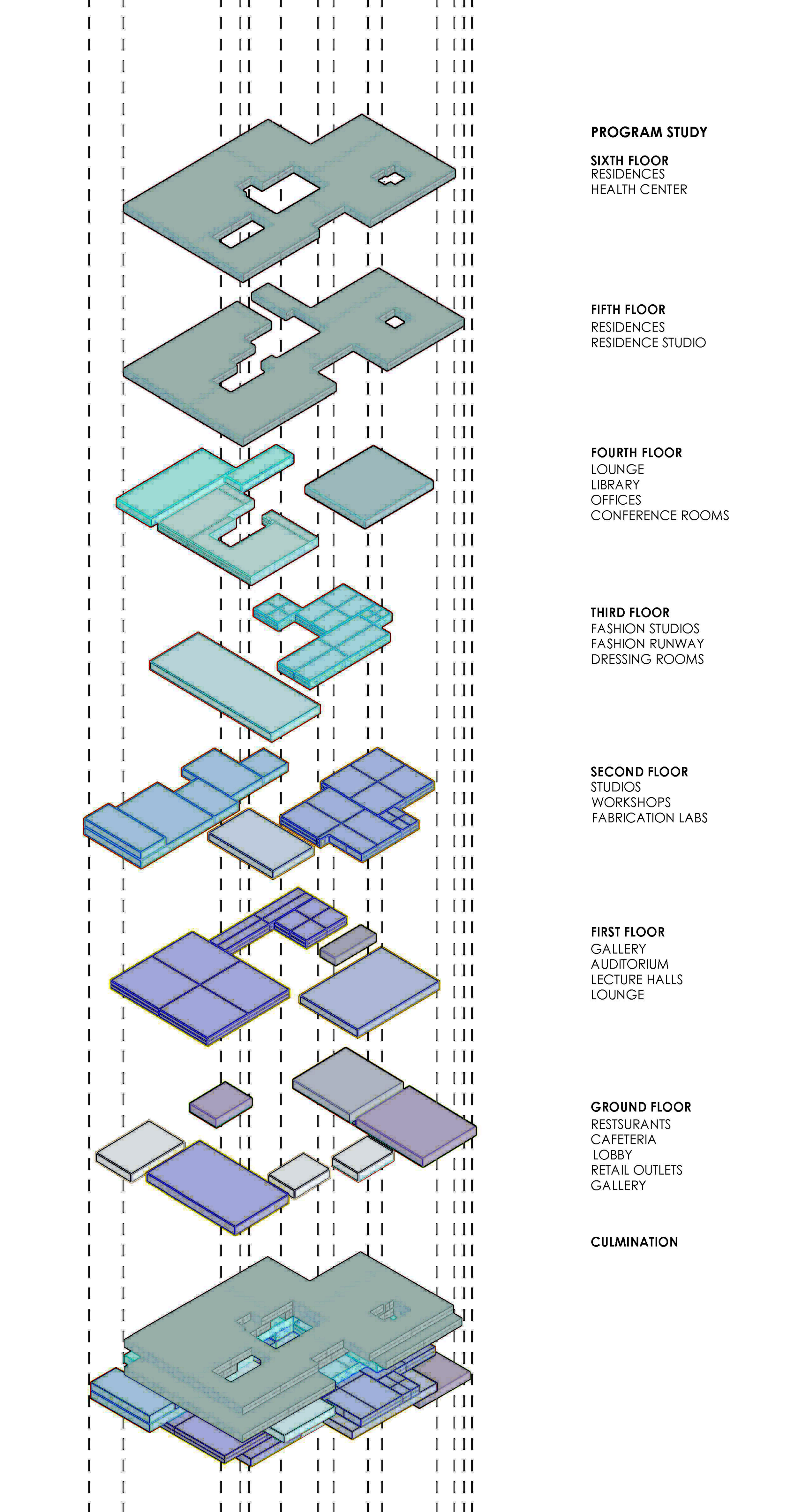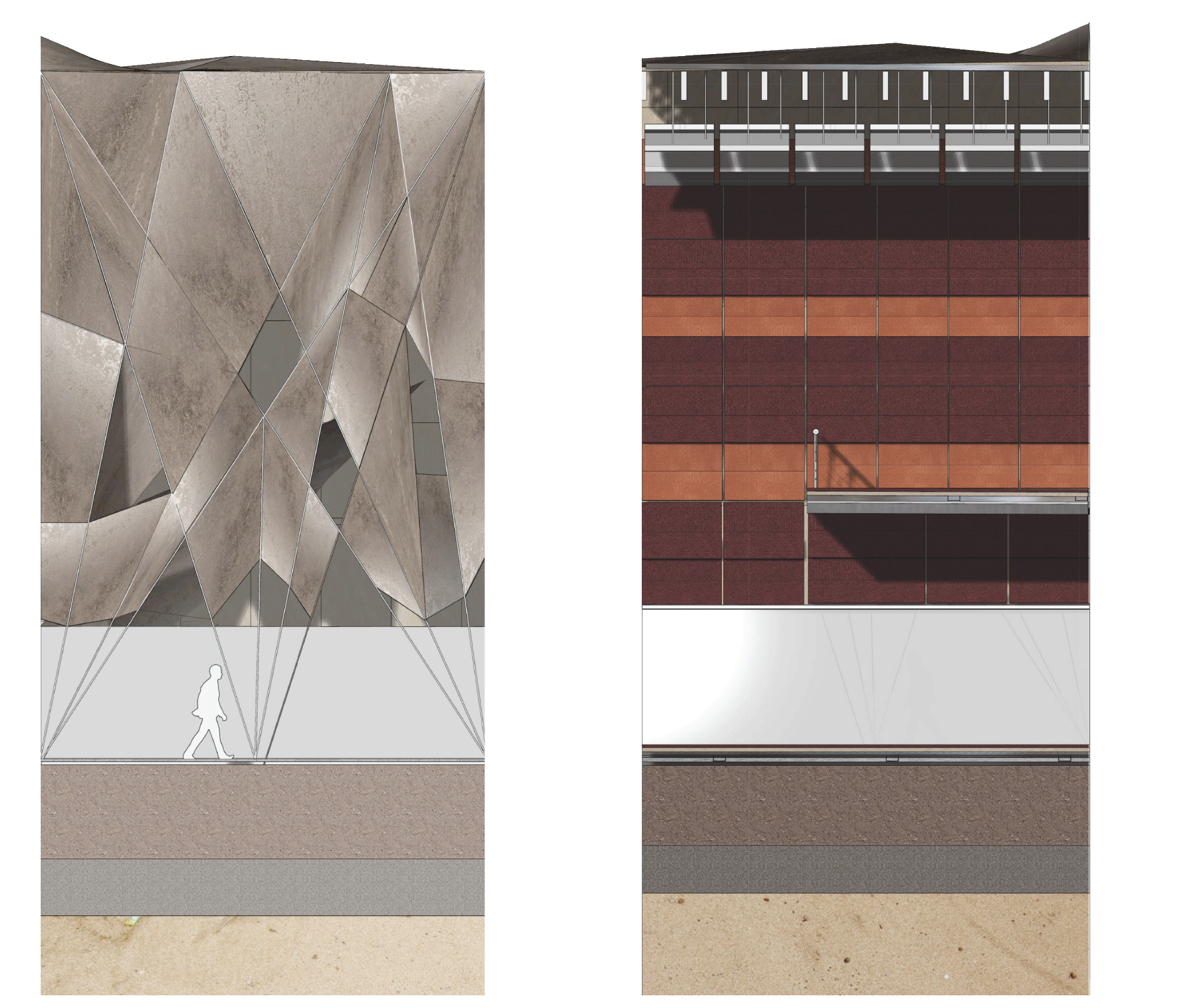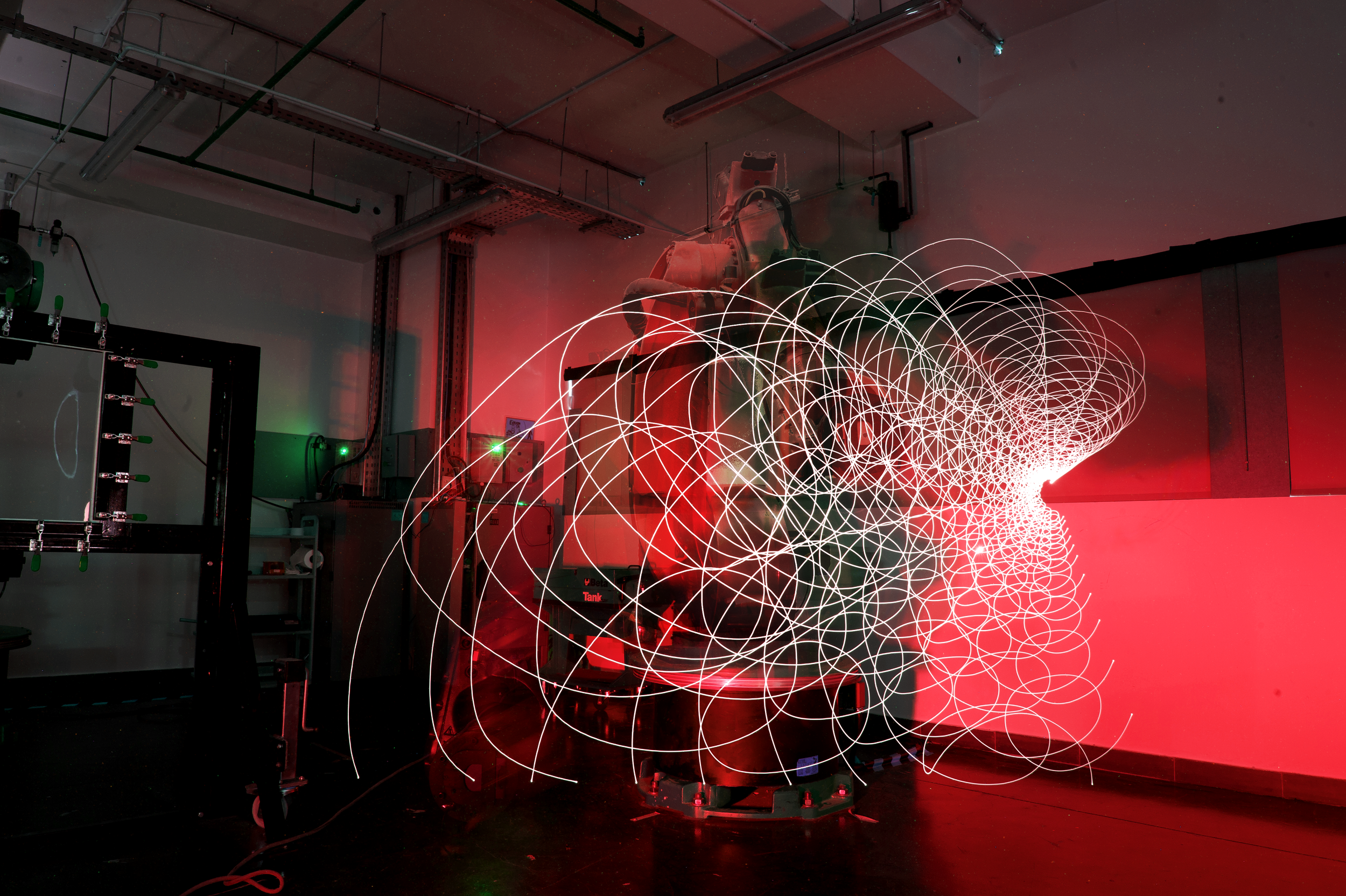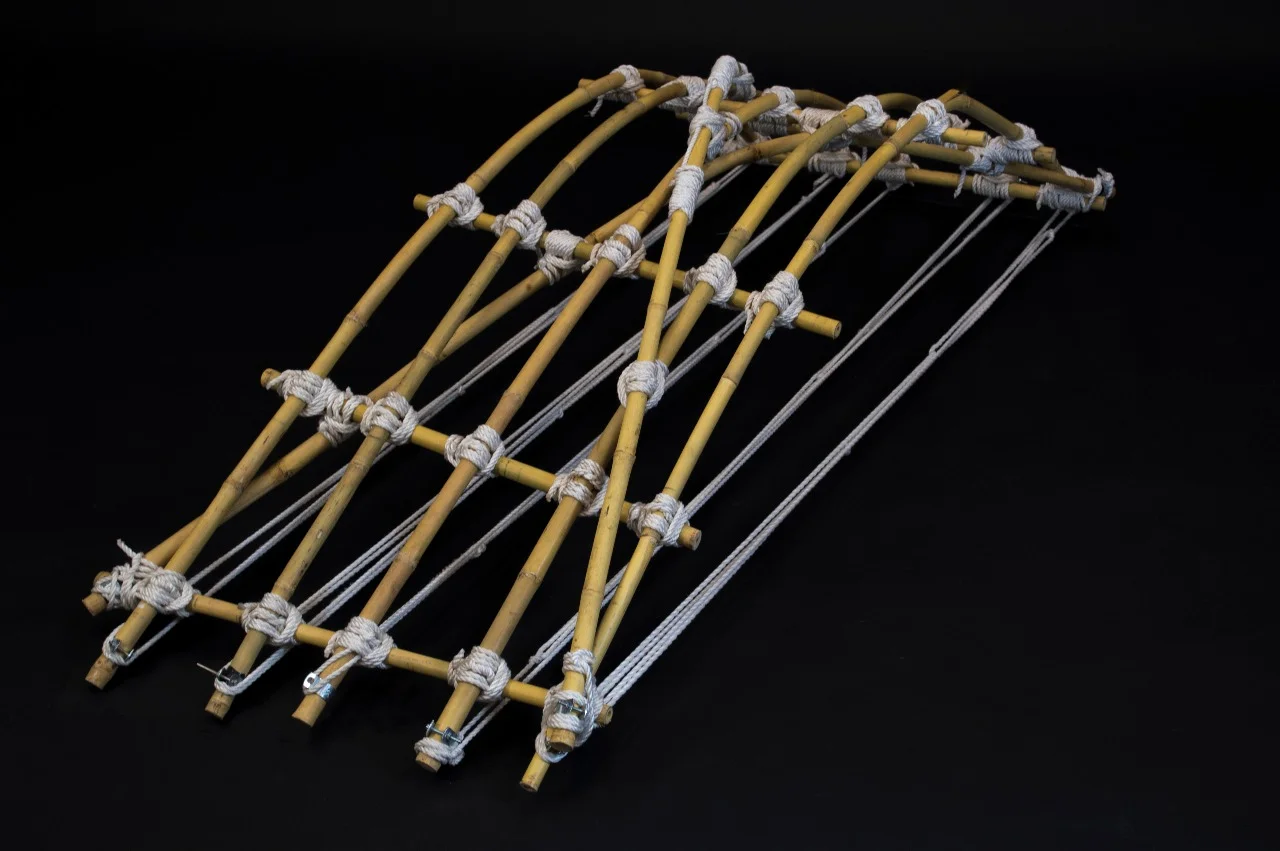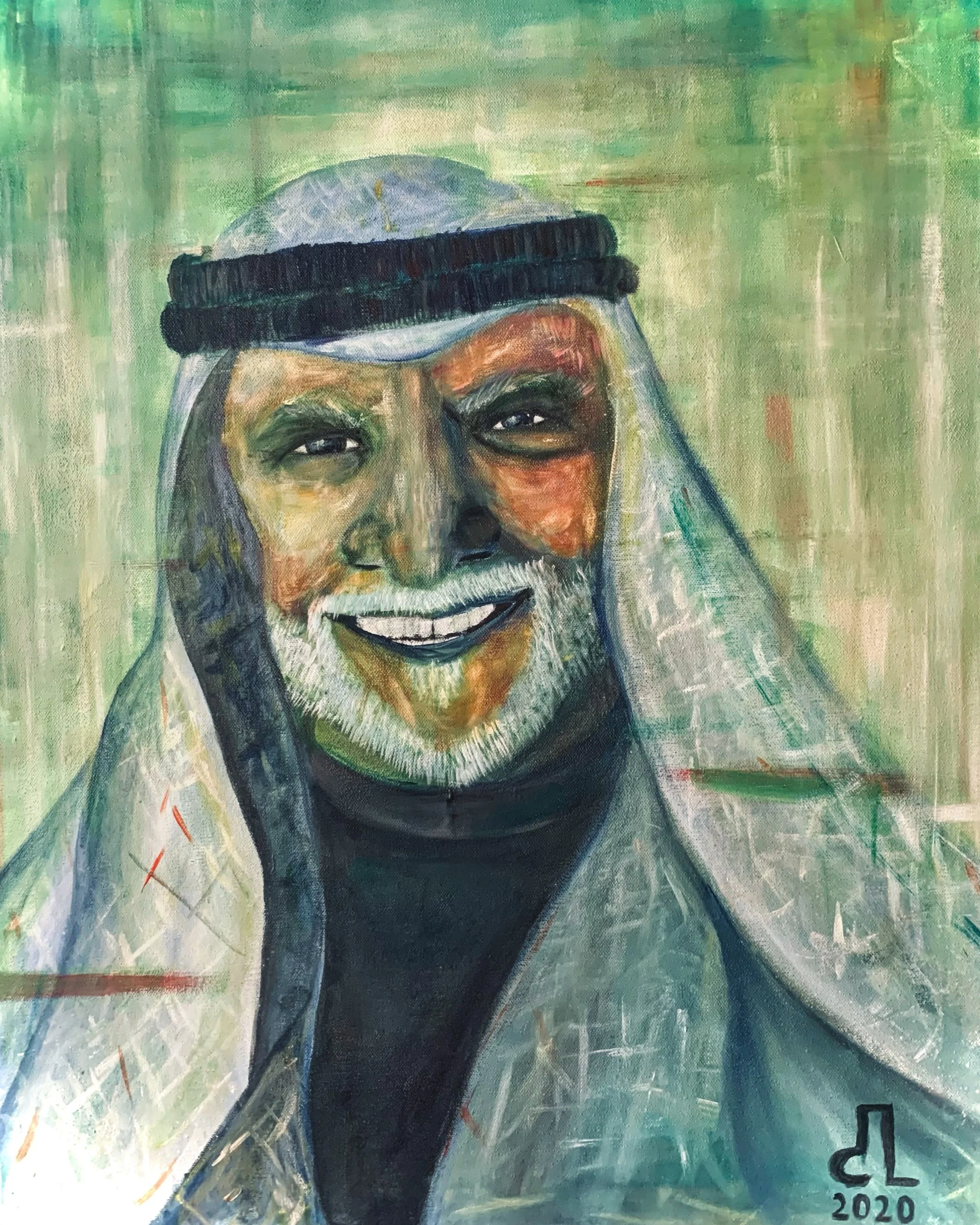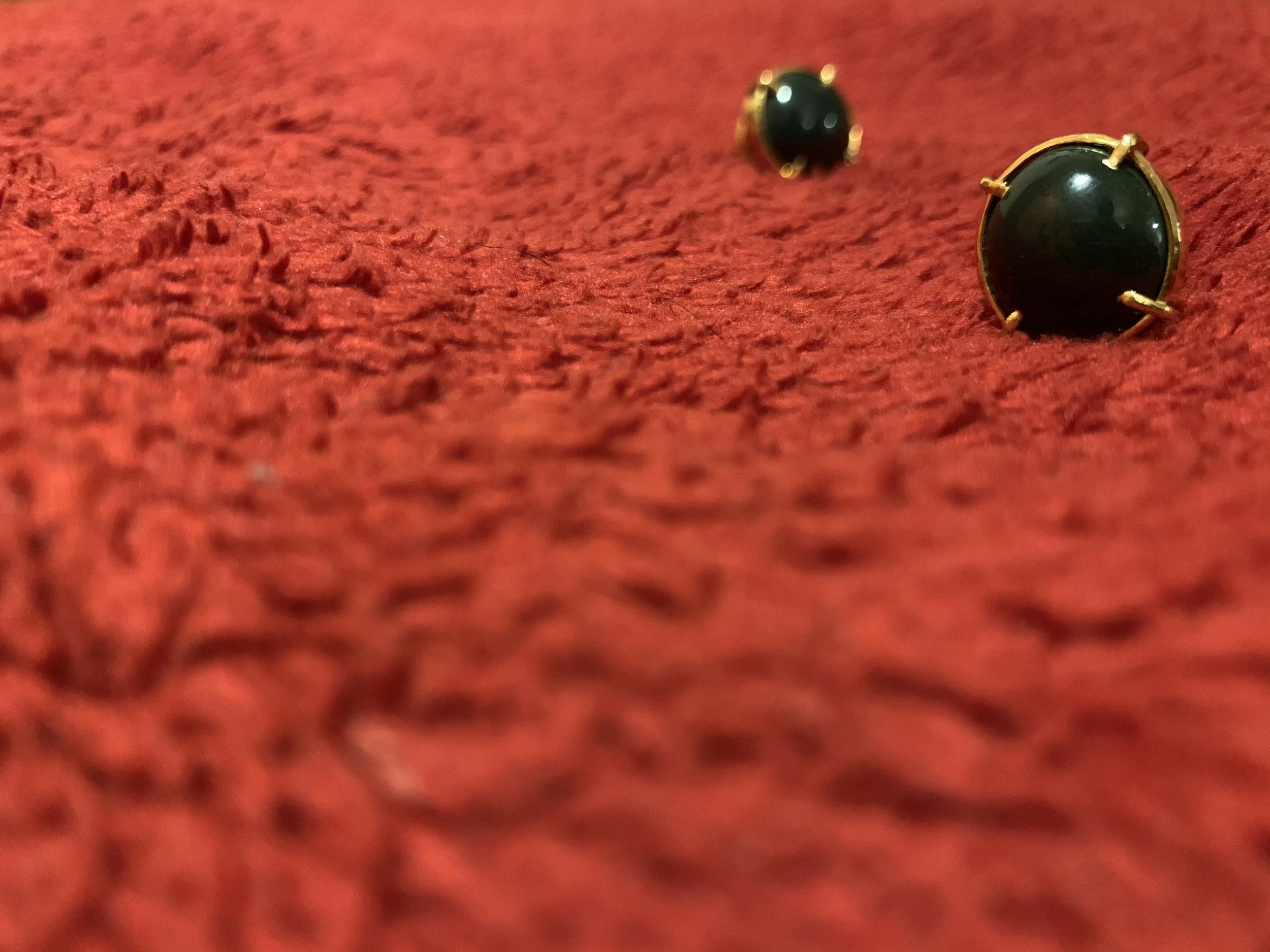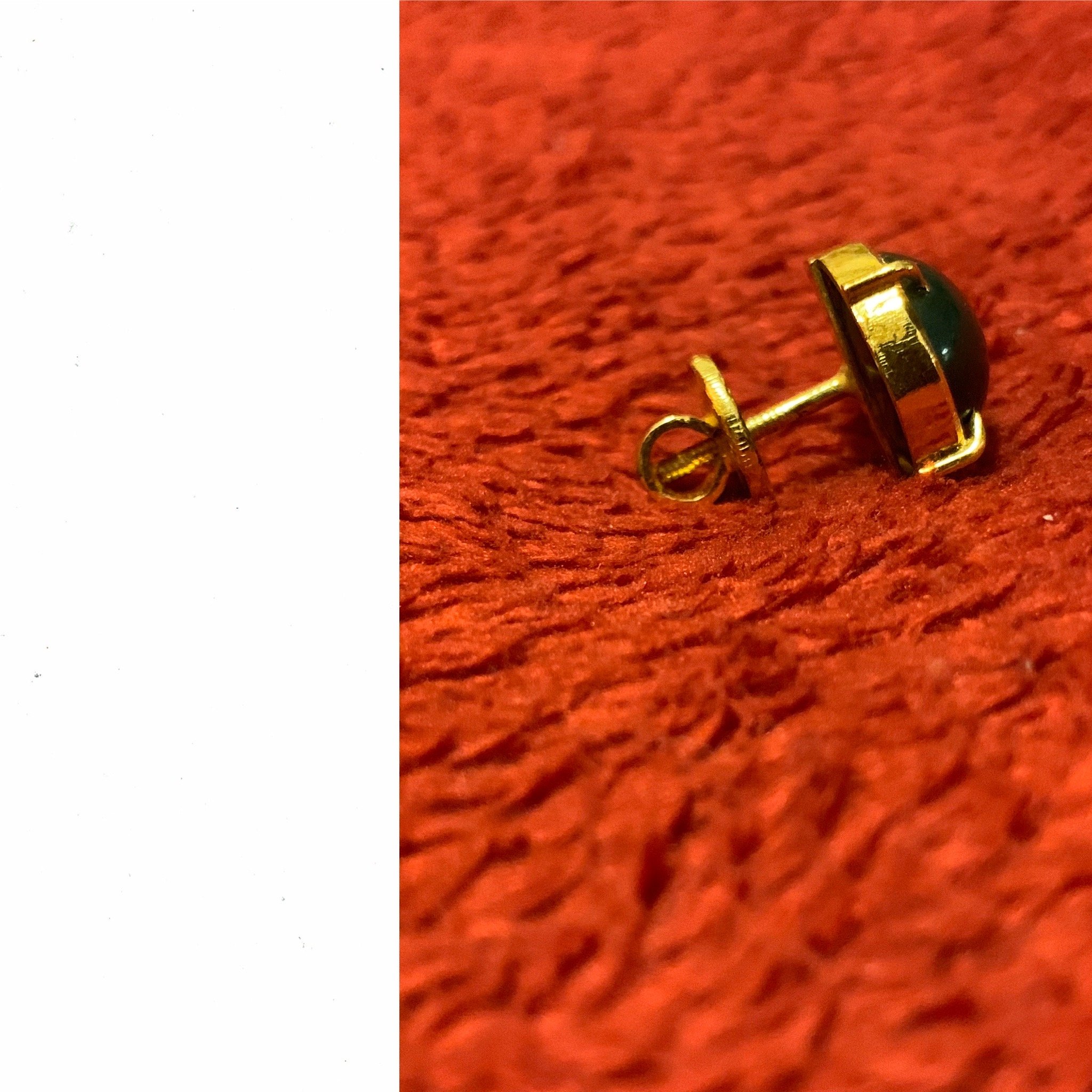So picture this: There are more tigers in US suburbia than in the wild worldwide. Let that sink in.
This obsession with owning an exotic pet to allude to elevated status or to tame the untamable is indelibly rooted to our psyche. Even on TikTok or Instagram, our feeds are often populated with influencers who prance or swim around with their wild pets for pleasure, likes and followers. However, behind this charade lies a clandestine world of pricing, packaging, illegal border crossing, brutal auctioning and much more.
Abducted from the wild days into their life, these bottle-raised animals are blissfully unaware of other realities. If released back into the wild, they stand absolutely no chance, endangering their own lives and the lives of fellow humans. Sending them to rescue centres/ shelters is also a risk, as such places often double up as illegal breeding operations, further enabling the exotic pet fetish.
So, given the inherent reality of backyard exoticism In US suburbia, and the capitalism that ensues, how can a future where animals live less like status symbols and more for themselves be facilitated?
In addition to the exotic pet fetish, the US today also faces an onslaught of abandoned, isolated suburban ghost towns, generally consisting of larger-than-life houses, with tons of backyard space, that the government has no idea what to do with. Therefore, retrofitting these isolated suburbs according to animal needs, could allow for more comfort and autonomy. Pet owners on the other hand could be encouraged through tax incentives, to move here to finally live peacefully with their pets without the constant fear of being caught. Such animal neighbourhoods would also encourage the growth of varied connected services around them, such as slaughterhouses, veterinary services, pet waste disposal, pet cemeteries etc, thereby encouraging more employment.
One in ten US homes “own” an exotic pet. While it's all fun and games for us, in doing so the animals are being stripped off of their true selves, leaving them helpless and vulnerable. Let us therefore cast off our anthropocentric lens for once, to try and provide these animals with the life of dignity they truly deserve.

